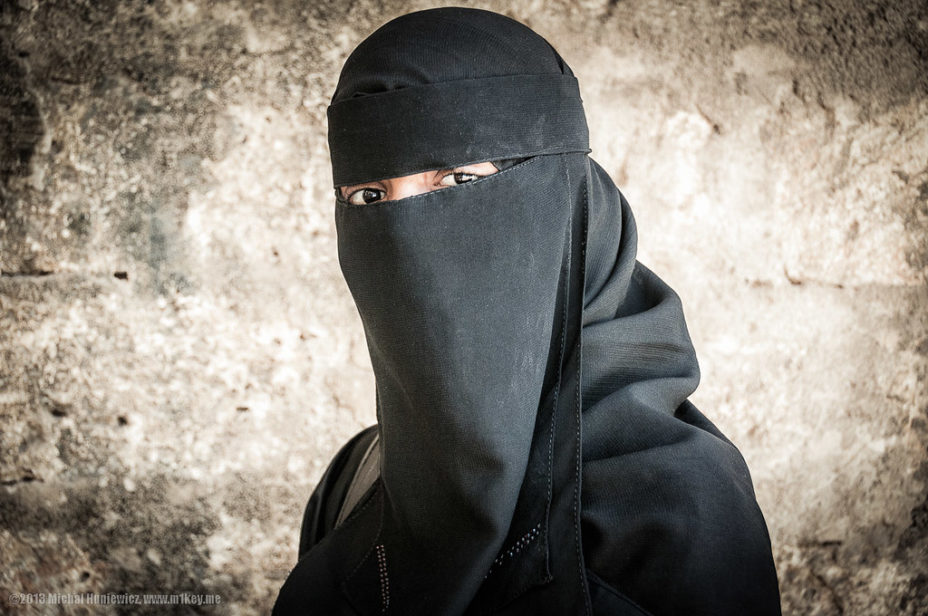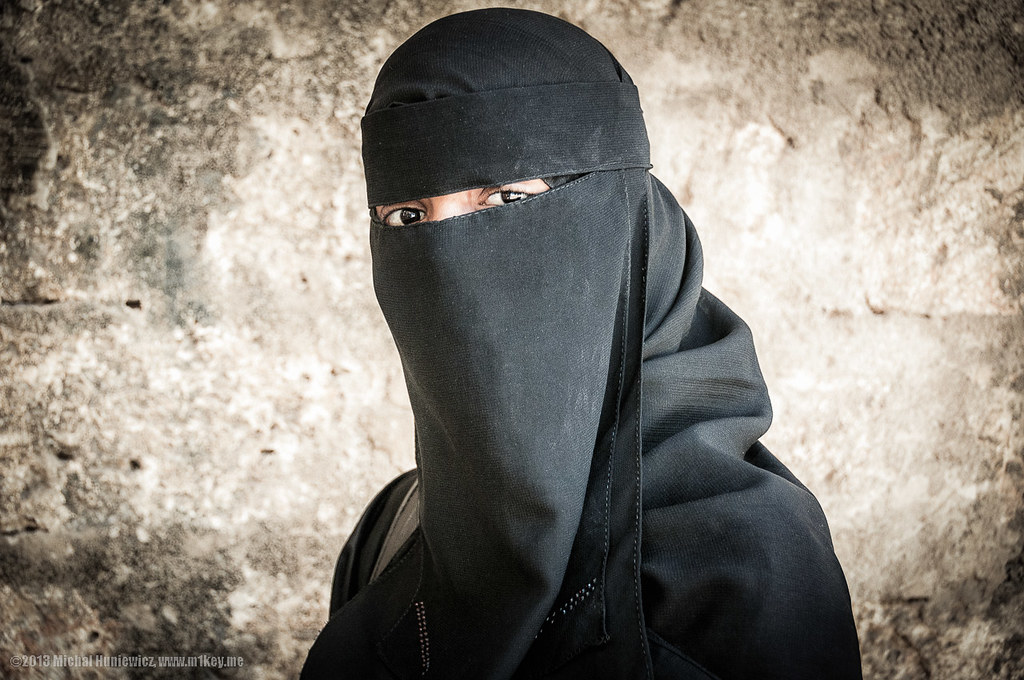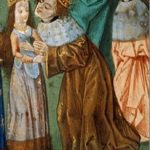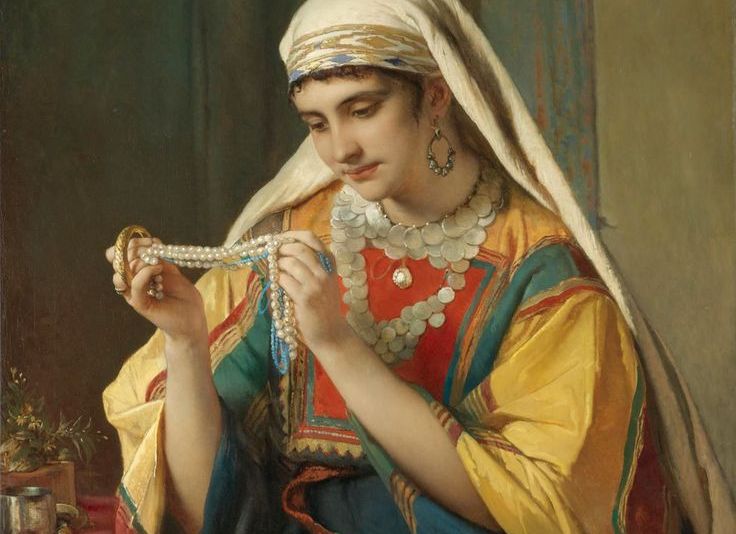| Name: | Baraka (Umm Ayman) bint Tha’alabah |
| Clan/Origin: | Slave. Daughter of Ethiopian/Abyssinian. |
| Birth: | bef. 563 |
| Marriage: | 1. ca. 595, Ubayd ibn Zayd of the Banu al-Khazraj, d. 528 |
| Children: | Ayman |
| Marriage: | 2. 628, Zaid ibn al-Harith |
| Status: | Companion |
| Conversion: | Early in Mecca |
| Death: | 23 Nov 644 |
| Other: | Slave nursemaid |
Baraka, the daughter of the Ethiopian Tha’alabah ibn Amr, was originally the slave of Abd’al-Muttalib. She was given to his son Abd’Allah and then inherited first by Amina and then by Muhammad. Baraka helped raise him as one of his nurses, which would make her at least five years older than Muhammad.
Muhammad freed Baraka when he married Khadija and arranged for her to marry Ubayd ibn Zayd of the Banu al-Khazraj. They had their son Ayman then, giving her the kunya Umm Ayman.
They were both early believers and participated in the Hijrah.
She was at the battle of Uhud (624), where she fetched water and treated the injured. When men began to flee at the rumor of Muhammad’s death, she threw dust at them and said, “give me your sword and you take my spindle.” She went toward the battlefield with a sword and was hit by an arrow of Hebban ibn Araqa, an enemy soldier, and injured.
Ubayd died at the Battle of Khaybar in AD 628. After this, Muhammad declared that whoever married her would marry “one of the people of the paradise.” So, the story goes, Zaid ibn Harith married her, and they had a son, Usamah.
The conventional history of Baraka is another where tradition is defeated by simple chronology.
Baraka would have been at least 63 if her husband was an Islamic martyr, so it’s simply impossible that Zaid ibn Harith could have had a child with her after that date. In addition, Usamah ibn Zaid led the Expedition of Usamah ibn Zaid in June 632, which would make him a warrior prodigy of four years old if the traditional account of Baraka’s marriage was true.
I prefer to assign Usamah ibn Harith to another wife, instead, since that is actually gynecologically possible. I believe that the association of Usamah with Baraka was meant to lessen the status of the spurned adopted son Zaid in the highly clannish and racist context of early Islam.
Nevertheless, Muhammad was very fond of Baraka and called her his sister. Abu Bakr and Umar did the same. One tradition is that she died five months after Muhammad. Another is that she died 20 days after Umar.






